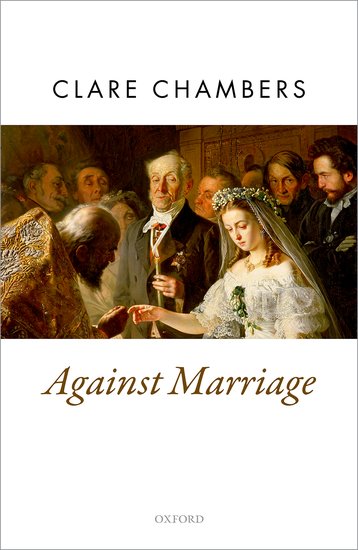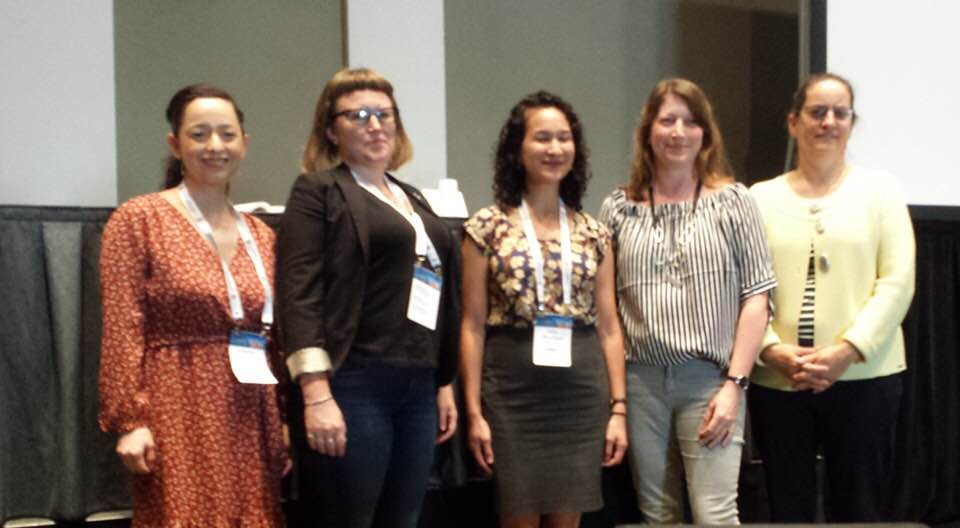-
Women & Equalities Select Committee
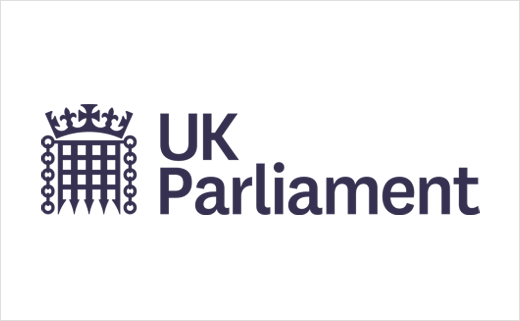
On 23rd September 2020 I gave evidence to the Women & Equalities Select Committee Inquiry “Changing the Perfect Picture: an Inquiry into Body Image” on behalf of the Nuffield Council on Bioethics. You can view a recording of the evidence session here, and read a transcript here.
My evidence to the Committee was quoted on the Talk Radio news bulletin that night and in a written article in Yahoo News.
- all posts on feminism, all posts on liberalism, all posts on the body and beauty, articles, feminism, liberalism, the body
Sex, Money, and Luck in Sport

Clare Chambers, “Sex, Money, and Luck in Sport” published in Journal of Medical Ethics Vol. 46 No. 9 (2020). You can read the paper here.
- all posts on culture and religion, all posts on feminism, all posts on liberalism, articles, feminism, liberalism, multiculturalism and religion
Respect, Religion, and Feminism
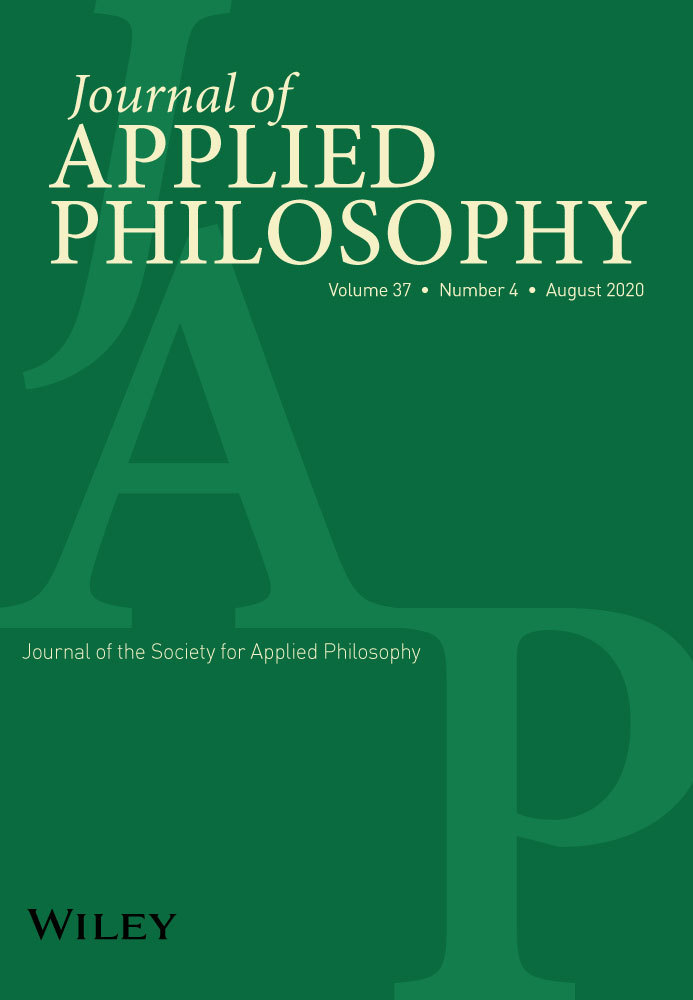
Respect, Religion, and Feminism: Comments on Lori Watson and Christie Hartley, Equal Citizenship and Public Reason: A Feminist Political Liberalism is published in Journal of Applied Philosophy September 2020. You can read the paper here.
Abstract: There is significant disagreement among feminists and liberals about the compatibility between the two doctrines. Political liberalism has come under particular criticism from feminists, who argue that its restricted form of equality is insufficient. In contrast, Lori Watson and Christie Hartley argue that political liberalism can and must be feminist. This article raises three areas of disagreement with Watson and Hartley’s incisive account of feminist political liberalism. First, it argues that an appeal to a comprehensive doctrine can be compatible with respecting others, if that appeal is to the value of equality. Second, it takes issue with Watson and Hartley’s defence of religious exemptions to equality law. Third, it argues that political liberalism can be compatible with feminism but that it is not itself adequately feminist. It concludes that political liberalism is not enough for feminists.
-
Rethinking The Body on BBC Radio 5 Live
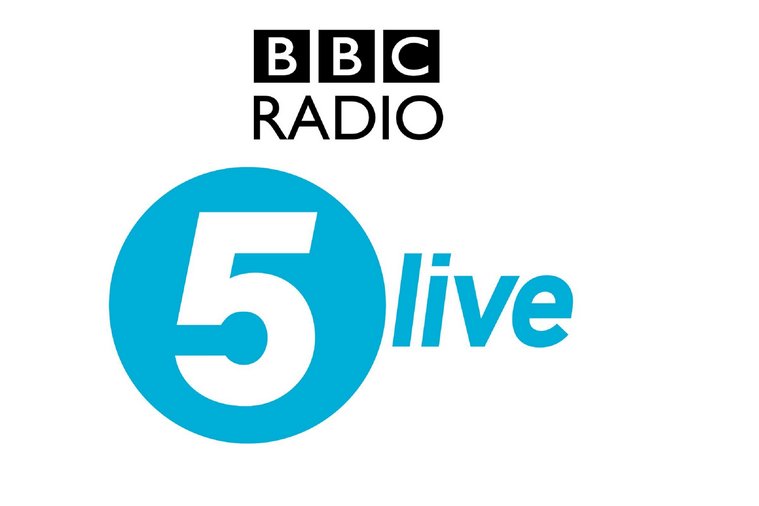
My essay Rethinking The Body was featured on BBC Radio 5 Live on the Stephen Nolan show with Rick Edwards on Saturday 27th June 2020 at 9pm. After the essay was broadcast the first hour of the show discussed body image in the context of the pandemic with me and several other guests.
You can listen to the programme here.
-
Rethinking The Body discussed in BBC article

My essay on Rethinking The Body featured as a discussion article based on the BBC Radio 4 Woman’s Hour discussion. You can read the article here.
-
Rethinking The Body on Woman’s Hour

My radio essay “Rethinking The Body” was featured on BBC Radio 4’s Woman’s Hour on Wednesday 24th June.
From the Woman’s Hour website:
Rethink is a series of essays and discussions across BBC Radio 4, 5 Live and the World Service that looks at how the world might change after the coronavirus pandemic. Today’s essay features the political philosopher Clare Chambers who considers how our relationship with our bodies, and our appearance has been affected by the lockdown. To discuss Jenni is joined by Laura Bates, the founder of the Everyday Sexism project, Kate Lister, Lecturer in the School of Arts and Communication at Leeds Trinity University, and Shahidha Bari, Professor of Fashion Cultures and Histories at the London College of Fashion.You can listen to the essay and discussion here.
-
Rethinking The Body
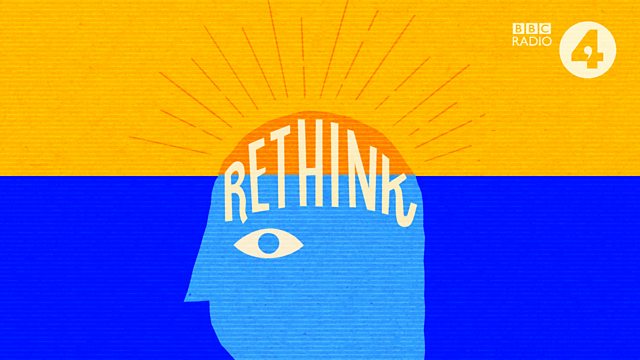
I have recorded an essay on how we think about our bodies for Rethink – a BBC radio series that considers how the world should change after the coronavirus pandemic. You can listen to the programme and see the others in the series here.
-
Member of Nuffield Council on Bioethics
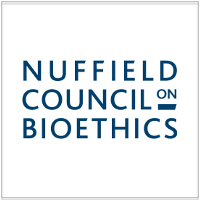
I am honoured to be appointed as a Council Member of the Nuffield Council on Bioethics, an independent body that examines and advises on ethical issues that arise from developments in biomedical science and healthcare. I have previously worked with the Council as a member of the Working Party that produced the report on Cosmetic Procedures. I’m extremely pleased to be able to join the Council and play a part in shaping the overall work of the organisation. You can find a full list of Council members here.
-
Equal Civil Partnerships Campaign

I was delighted and honoured to be invited to the party to celebrate the success of the Equal Civil Partnerships Campaign, which resulted in the introduction of different-sex civil partnerships in England and Wales. You can read more about the campaign and its wonderful people here.
- Against Marriage, all posts on feminism, all posts on liberalism, all posts on marriage, feminism, liberalism, multiculturalism and religion, publications on marriage
Against Marriage: An Egalitarian Defence of the Marriage-Free State
Against Marriage was published by Oxford University Press in 2017, with a paperback in 2019. Read the book on Oxford Scholarship Online here.Winner of the APSA David Easton Award 2018.
Synopsis
Against Marriage is a radical argument for the abolition of state-recognised marriage. Clare Chambers argues that state-recognised marriage violates both equality and liberty, even when expanded to include same-sex couples. Instead Chambers proposes the marriage-free state: an egalitarian state in which religious or secular marriages are permitted but have no legal status.
Part I makes the case against marriage. Chambers investigates the critique of marriage that has developed within feminist and liberal theory. Feminists have long argued that marriage is a violation of equality since it is both sexist and heterosexist. Chambers endorses the feminist view and argues, in contrast to recent egalitarian pro-marriage movements, that same-sex marriage is not enough to make marriage equal. Chambers argues that state-recognised marriage is also problematic for liberalism, particularly political liberalism, since it imposes a controversial, hierarchical conception of the family that excludes many adults and children.
Part II sets out the case for the marriage-free state. Chambers critically assesses recent theories that attempt to make marriage egalitarian, either by replacing it with relationship contracts or by replacing it with alternative statuses such as civil union. She then sets out a new model for the legal regulation of personal relationships. In the marriage-free state regulation is based on relationship practices not relationship status, and these practices are regulated separately rather than as a bundle. The marriage-free state thus employs piecemeal, practice-based regulation. Finally, Chambers considers how the marriage-free state should respond to unequal religious marriage. The result is an inspiring egalitarian approach that fits the diversity of real relationships.
Reviews
“Clare Chambers has produced what will surely be for years to come the definitive argument for the abolitionist view of marriage. … [T]his is in my opinion a superb book. It is prodigiously scholarly, but at the same time wonderfully clear and accessible. The arguments are provocative and challenging throughout. The literature on this vitally important topic urgently needed a book-length defense of the abolitionist position. It is hard to imagine a book performing this necessary role better than Chambers’s Against Marriage.”
Ralph Wedgwood in Ethics
Against Marriage is “political philosophy at its most practical and readable.”
Andrew Harrop, General Secretary of the Fabian Society, in Fabian Review
“This is a distinct and important contribution to an increasingly crowded field of liberal political philosophy on marriage and the state and, perhaps most interestingly, to our understanding of the liberal project broadly. … Where other liberals seek more vigorously to balance competing demands of freedom and equality, or emphasize freedom, Chambers hews rigorously to an egalitarian position. You won’t find another book that does this so effectively or by way of such productive engagement with existing scholarship. Laying out the egalitarian case in such clear and compelling terms, Chambers highlights the challenges it presents to the liberal side of her liberal feminist equation. In so doing, Against Marriage leaves us wondering just how tenable the liberal feminist project is. … Chambers leads us to these questions by bringing us to the edge of the liberal feminist frontier. This alone would make Against Marriage a distinct and important contribution. But, of course, Chambers does more. She offers a compelling vision of why and how to move beyond marriage and points us in the direction of work that needs to be done. All with the grace and graciousness of an analytical philosopher running at full throttle.”
Tamara Metz in Political Theory
“Against Marriage makes an important contribution to the debate over the future of marriage within liberalism. It is clear and cogently argued and a pleasure to read. One of its virtues is its breadth; it makes arguments which address a range of liberal and feminist views and should be accessible to non-specialists. At the same time, it advances the leading edge of the specialist debate in provocative and intriguing ways.”
Elizabeth Brake in Mind
“Clare Chambers provides a clear, lucid and timely argument against state-recognized marriage based on the liberal principles of liberty and equality. … Throughout, she is masterful at anticipating and responding carefully to potential objections to her arguments and proposals. …. And her responses to those who might disagree with her proposals reveal a two-fold carefulness: as a philosopher, she is thoughtful, deliberate, precise, and meticulous; as a feminist, she is attentive, concerned, and compassionate — considering not only the philosophical justifications for her proposals but also their practical fall out for women and other vulnerable populations. … I highly recommend Chambers’ book as an important scholarly and pedagogical resource. It is beautifully crafted and makes an important contribution to the literature in liberal political theory and, more specifically, to the philosophical literature on marriage and family. … It was my distinct pleasure to read this book and be provoked by its arguments into a better understanding of both liberalism’s promise and its limitations with regard to its support of diverse forms of relationship.”
Shelley M. Park in Notre Dame Philosophical Reviews
“Chambers’ Against Marriage is a wonderful addition to a growing literature demanding that we think seriously about the institution of marriage and how it may have to be altered to meet the demands of justice and equity.”
Robert Scott Stewart in Metapsychology Online Reviews
-
Review of Against Marriage in The Philosophical Review
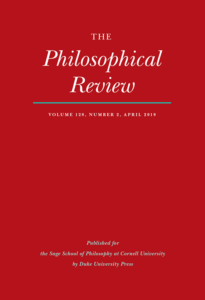
Laurie Shrage reviews Against Marriage.
“I agree with Chambers that state-recognized marriage retains patriarchal residues and is ultimately an inegalitarian and underinclusive way to regulate intimate partnerships and family units. I also believe that it is possible, in principle, to devise default directives for regulating different kinds of intimate relationships fairly and justly. However, the devil really is in the details here. Chambers has provided the moral and political justification, as well as a plausible mechanism, for a more egalitarian approach to family law and policy, and now it is incumbent on those who agree with her to develop the fair and just default rules that will take the place of state-recognized marriage.”
Read the whole review here.
-
“Clare Chambers, filósofa” in El País

The Spanish national daily newspaper El País featured an interview with me on 22 September 2019.
Filósofa. Es una feminista a la que le preocupa que las mujeres otorguen tanta importancia a su aspecto. Profesora en la Universidad de Cambridge, pone ahora el foco en la institución del matrimonio.
You can read the article here.
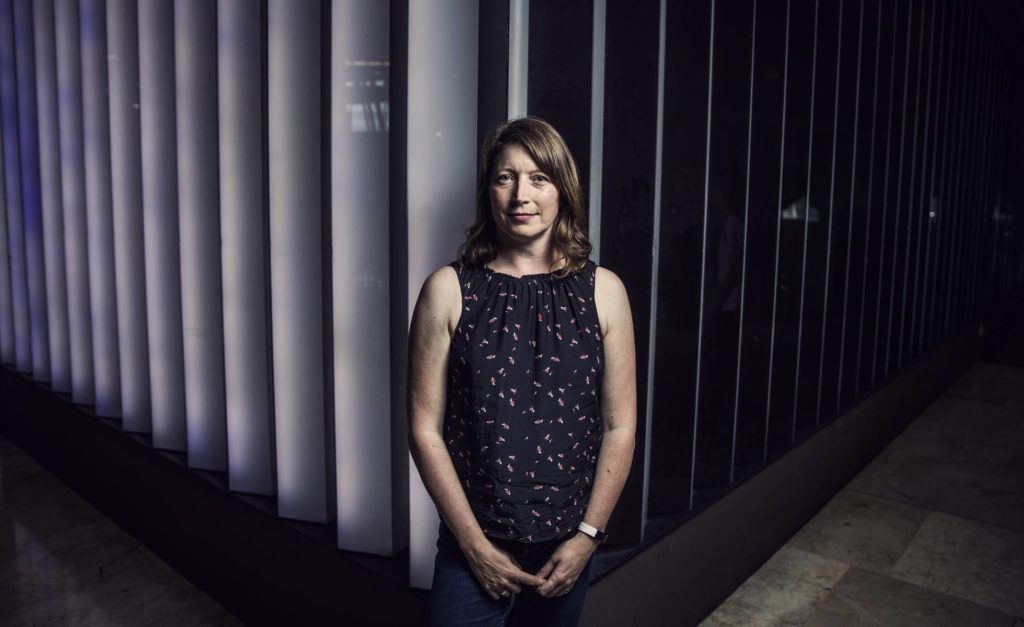
-
Talking Politics Guide to Marriage
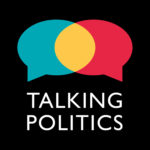
I recorded a special edition of the podcast Talking Politics discussing the ideas and proposals in Against Marriage. Listen to me talking with host David Runciman here.
-
Against Marriage and more at Hay Festival Segovia

I’ll be speaking about Against Marriage and other social conventions at the Hay Festival Segovia in Spain, the twin of the Hay-on-Wye literary festival run in conjunction with the British Council.
Clare Chambers, Reader in Political Philosophy at the University of Cambridge, is the author of Against Marriage: An Egalitarian Defence of the Marriage-free State; Sex, Culture and Justice: The Limits of Choice; Teach Yourself Political Philosophy: A Complete Introduction; and numerous articles on feminist and liberal political philosophy. She is currently carrying out research for her latest project, entitled Intact: The Unmodified Body. During her visit to Segovia she will speak with Ludovic Assémat, Director of Arts at the British Council, about the social conventions by which we live, within the framework of the British Council’s It’s Time to Talk programme. Simultaneous translation from English to Spanish
Read more and book tickets here.
-
Marriage in the New Statesman

What’s in a name? As it turns out, rather a lot. I explore the significance of the name “marriage” and the difference between a marriage license and a marriage certificate in an article published in Agora, the New Statesman’s philosophy column, on 2 August 2019. You can read the article here.
-
Discussing marriage on the Public Intellectual podcast
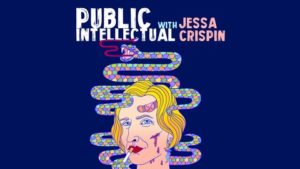
I was interviewed on marriage by Jessa Crispin for her podcast The Public Intellectual. You can listen to the interview here.
-
Beyond Marriage: Philosophy, Politics, Law
I am the convenor of this international and interdisciplinary conference held in Cambridge in May 2019.
There have been significant changes to the institution of marriage in recent years, with many countries introducing same-sex marriage, civil partnerships, and other forms of non-traditional union. For some, marriage is a central institution that must be protected, for others it is inevitably unjust and should be abolished.
This conference will bring together academics and practitioners from philosophy, politics, and law to debate what lies beyond marriage. The programme includes:
Dr Rebecca Steinfeld, claimant in Steinfeld and Keidan v. Secretary of State, “The Equal Civil Partnerships Campaign”
Tim Loughton MP, “Equal Civil Partnerships in the House of Commons”
Andrew Harrop, General Secretary, Fabian Society, “Marriage and the Left”
Jo Miles, Law, University of Cambridge, “Against Civil Partnership”
Prof Robert Wintemute, Law, King’s College London, “Equal Choices for All Couples: From Same-Sex Civil Partnership to Equal Marriage to Steinfeld & Keidan”.
Prof Lori Watson, Philosophy, San Diego University, “Polygamy and Equality”
Dr Samia Bano, Law, SOAS, “Muslim Marriage in the UK”
Dr Clare Chambers, Philosophy, University of Cambridge, “The Marriage-Free State”
Prof Elizabeth Brake, Philosophy, Arizona State University, “Minimal Marriage”
Chairs:
Dr Jude Browne, Centre for Gender Studies, University of Cambridge
Prof Ralph Wedgwood, Philosophy, University of Southern California
Dr Findlay Stark, Law, University of Cambridge
Dr Tom Dougherty, Philosophy, University of CambridgeYou can read more about the conference here.
- all posts on culture and religion, all posts on the body and beauty, articles, multiculturalism and religion, the body
Medically unnecessary genital cutting and the child’s right to bodily integrity: an international expert consensus statement
In American Journal of Bioethics Vol. 19 (2019).
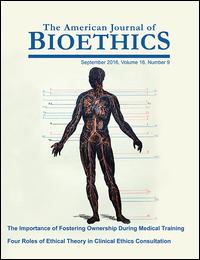
Keeping our focus exclusively on a Western context for the purposes of this article, we argue as follows: Under most conditions, cutting any person’s genitals without their informed consent is a serious violation of their right to bodily integrity. As such, it is morally impermissible unless the person is nonautonomous (incapable of consent) and the cutting is medically necessary.
This paper is authored by the Brussels Collaboration on Bodily Integrity (2019).
This work grew out of informal discussions among participants in the G3 International Experts Meeting on FGM/C in Brussels, Belgium, May 20-22, 2019, along with other scholarly collaborators. We are physicians, ethicists, nurse-midwives, public health professionals, legal scholars, political scientists, anthropologists, psychologists, sociologists, philosophers, and feminists from Africa, Asia, Australasia, Europe, the Middle East, and the Americas with interdisciplinary expertise in child genital cutting practices across a wide range of cultural contexts.
You can read the paper here.
Corresponding author: Brian D. Earp, Associate Director, Yale-Hastings Program in Ethics and Health Policy, Yale University and The Hastings Center, 2 Hillhouse Avenue, New Haven, CT, 06511, USA. E-mail: brian.earp@gmail.co
-
Against Marriage reviewed in Mind
“
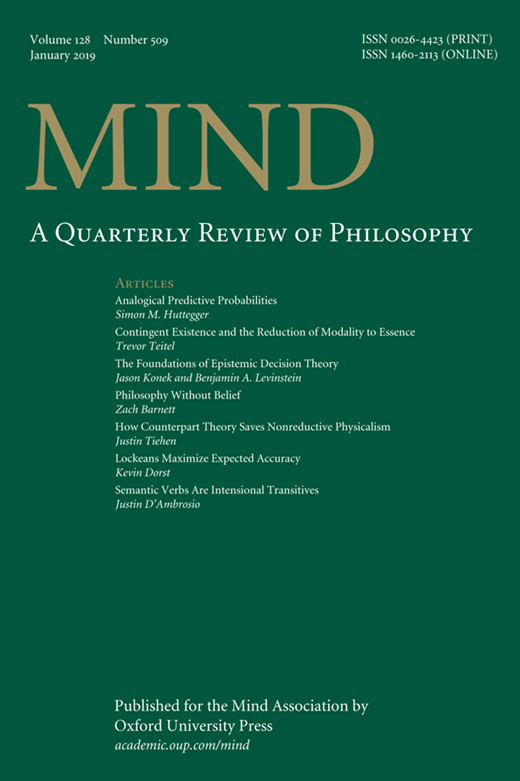
Elizabeth Brake, author of the excellent book Minimizing Marriage, has reviewed Against Marriage in Mind (January 2019). You can read the whole review here. Here’s an excerpt:
“Against Marriage makes an important contribution to the debate over the future of marriage within liberalism. It is clear and cogently argued and a pleasure to read. One of its virtues is its breadth; it makes arguments which address a range of liberal and feminist views and should be accessible to non-specialists. At the same time, it advances the leading edge of the specialist debate in provocative and intriguing ways.”
-
Driverless cars on BBC R4’s PM

I appeared on BBC Radio 4’s PM programme on Wednesday 6th February 2019, discussing the ethics of driverless cars. You can listen to this programme (for a while, at least) here. I appear about 48 minutes in.
The segment inspired a satirical news piece “Ethically programmed self-driving cars refuse to start engines as it contributes to Global Warming” by Simon Paul Miller, which you can read here.
-
Blending in and standing out: comfort and visibility in beauty practices
 “My thought is this: a significant aspect of beauty practices is comfort and visibility. Comfort relates to discipline: discipline makes some actions and inactions seem comfortable and others effortful. Visibility relates to surveillance: some beauty practices make us seem visible or hyper-visible, others make us feel invisible. Sometimes beauty practices aim at making the practitioner visible: she wants her appearance to be noticeable. But beauty practices can also aim at invisibility: at making a person blend in rather than stand out. Both make up and its absence can have this effect, depending on the person and context involved.”
“My thought is this: a significant aspect of beauty practices is comfort and visibility. Comfort relates to discipline: discipline makes some actions and inactions seem comfortable and others effortful. Visibility relates to surveillance: some beauty practices make us seem visible or hyper-visible, others make us feel invisible. Sometimes beauty practices aim at making the practitioner visible: she wants her appearance to be noticeable. But beauty practices can also aim at invisibility: at making a person blend in rather than stand out. Both make up and its absence can have this effect, depending on the person and context involved.”This short piece is published on the Beauty Demands blog. You can read it here.
-
Against Marriage reviewed in Ethics
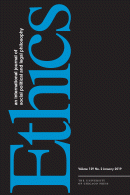 I’m delighted by Ralph Wedgwood’s review of Against Marriage in Ethics. He makes some pertinent criticisms of the argument of the book, but he also writes:
I’m delighted by Ralph Wedgwood’s review of Against Marriage in Ethics. He makes some pertinent criticisms of the argument of the book, but he also writes:“Clare Chambers has produced what will surely be for years to come the definitive argument for the abolitionist view of marriage. … [T]his is in my opinion a superb book. It is prodigiously scholarly, but at the same time wonderfully clear and accessible. The arguments are provocative and challenging throughout. The literature on this vitally important topic urgently needed a book-length defense of the abolitionist position. It is hard to imagine a book performing this necessary role better than Chambers’s Against Marriage.”
You can read the full review here.
-
Against Marriage at BBC Cambridgeshire
I was interviewed live on BBC Radio Cambridgeshire’s Lunchtime Live Show. Jeremy Sallis talked to me about Against Marriage and my lecture for the Cambridge Festival of Ideas.
-
Against Marriage at Bigg Books
 I’ll be talking on Against Marriage in the Bigg Books speaker series in Newcastle-Upon-Tyne on 20 November 2018. You can find more details here.
I’ll be talking on Against Marriage in the Bigg Books speaker series in Newcastle-Upon-Tyne on 20 November 2018. You can find more details here.Clare Chambers is Reader in Political Philosophy at University of Cambridge. She is a political philosopher specializing in feminist philosophy, contemporary liberalism, theories of social justice, and social construction. She will argue for the abolition of state-recognised marriage on the grounds that it violates both equality and liberty, even when expanded to include same-sex couples. Instead she will defend the idea of a the marriage-free state: an egalitarian state in which religious or secular marriages are permitted but have no legal status.
Clare Chambers’s award-winning book Against Marriage: An Egalitarian Defense of the Marriage-Free State was published last year by Oxford University Press (https://global.oup.com/academic/product/against-marriage-9780198744009)
Venue: Lit and Phil, 23 Westgate Road, Newcastle-upon-Tyne
-
Against Marriage at Festival of Ideas
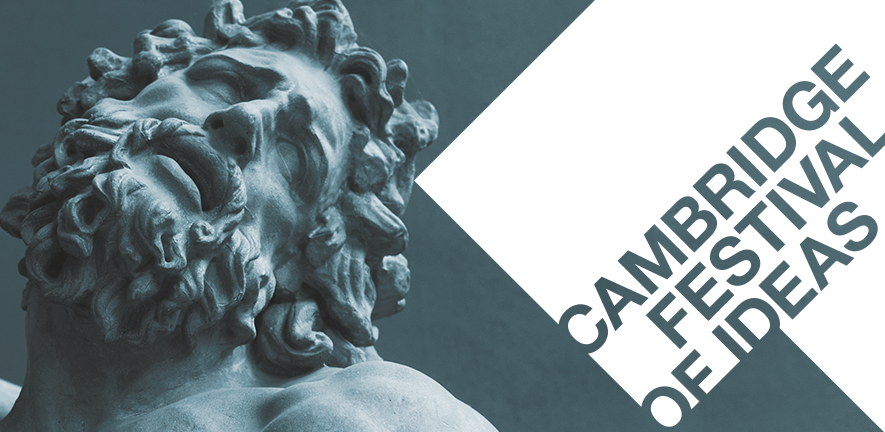 I talked about Against Marriage at the Cambridge Festival of Ideas on Monday 15th October 2018, in the Frankopan Hall of Jesus College, Cambridge.
I talked about Against Marriage at the Cambridge Festival of Ideas on Monday 15th October 2018, in the Frankopan Hall of Jesus College, Cambridge.Many states have recently expanded their definition of marriage to allow marriage between same-sex couples: a welcome move towards equality, but does this go far enough? Philosopher Clare Chambers argues for a more extreme position: that the state should not recognise marriage at all. State recognition of marriage, she will argue, is a violation of both equality and liberty – no matter how marriage is redefined.
Tickets were sold out and so the talk was live-streamed. You can watch it on youtube here:
-
Cosmetic Procedures: Ethical Issues – one year on
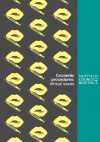 One year since the publication of “Cosmetic Procedures: Ethical Issues” the Nuffield Council of Bioethics has published a report on the impact that publication has had so far. You can read that report here.
One year since the publication of “Cosmetic Procedures: Ethical Issues” the Nuffield Council of Bioethics has published a report on the impact that publication has had so far. You can read that report here.I was a member of the Working Party on Cosmetic Procedures who produced the original report.
-
David Easton Award presented at APSA 2018
The 2018 David Easton Award was presented to me for Against Marriage: An Egalitarian Defence of the Marriage-Free State at the APSA Annual Meeting in Boston.
The Award is given “for a book that broadens the horizons of contemporary political science by engaging issues of philosophical significance in political life through any of a variety of approaches in the social sciences and humanities.” You can see previous winners of the Award here.
-
How to Disagree on BBC Radio 4
Timandra Harkness interviewed me for the BBC Radio 4 series “How to Disagree: A Beginner’s Guide to Having Better Arguments”, episode 4. The topic of the discussion is moral disagreement, with particular reference to the topic of abortion.
The episode was broadcast on 16 August 2018 and you can listen to it here.
-
Sweet Reason on BBC Radio 4
 You can hear me debate offence with Jordan Peterson, Shaista Aziz, and Evan Davis on BBC Radio 4’s “Sweet Reason”. Are people offended too easily? Are there some topics that should not be debated?The broadcast is on Thursday 2nd August 2018 at 9am and 9.30pm, and you can hear the programme online here.
You can hear me debate offence with Jordan Peterson, Shaista Aziz, and Evan Davis on BBC Radio 4’s “Sweet Reason”. Are people offended too easily? Are there some topics that should not be debated?The broadcast is on Thursday 2nd August 2018 at 9am and 9.30pm, and you can hear the programme online here.
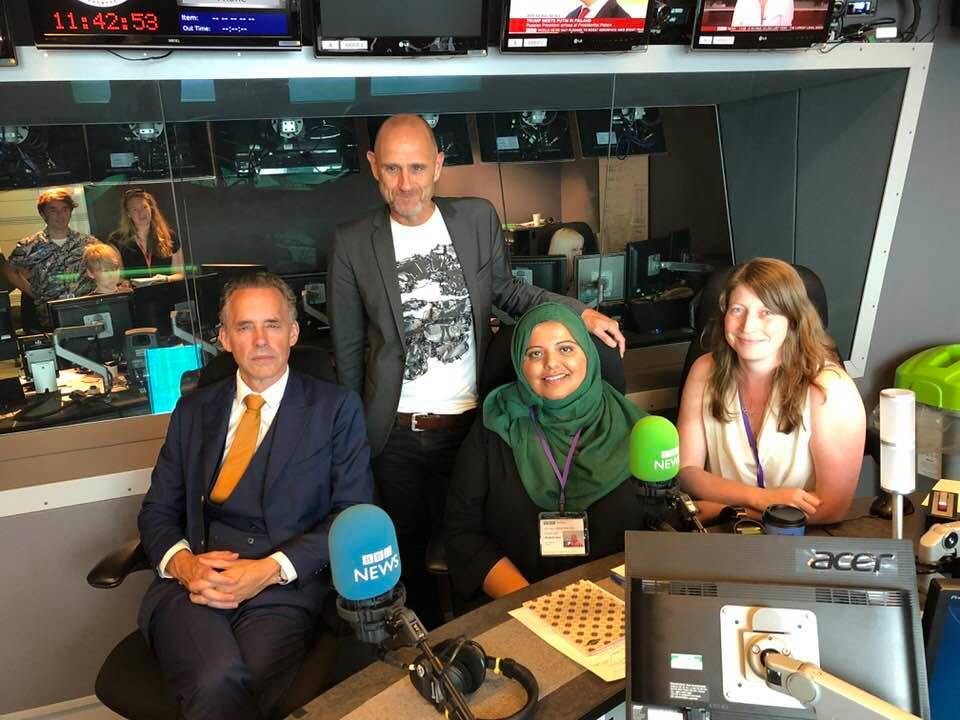
-
OUP Philosophy Festival reading list
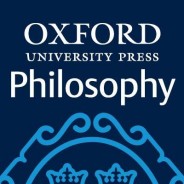 Two of my articles feature in the OUP Philosophy Festival 2017 reading list, making them available for free download.
Two of my articles feature in the OUP Philosophy Festival 2017 reading list, making them available for free download.You can find and read “The Marriage-Free State” and “Ideology and Normativity”, as well as many other excellent articles by other philosophers, here.
